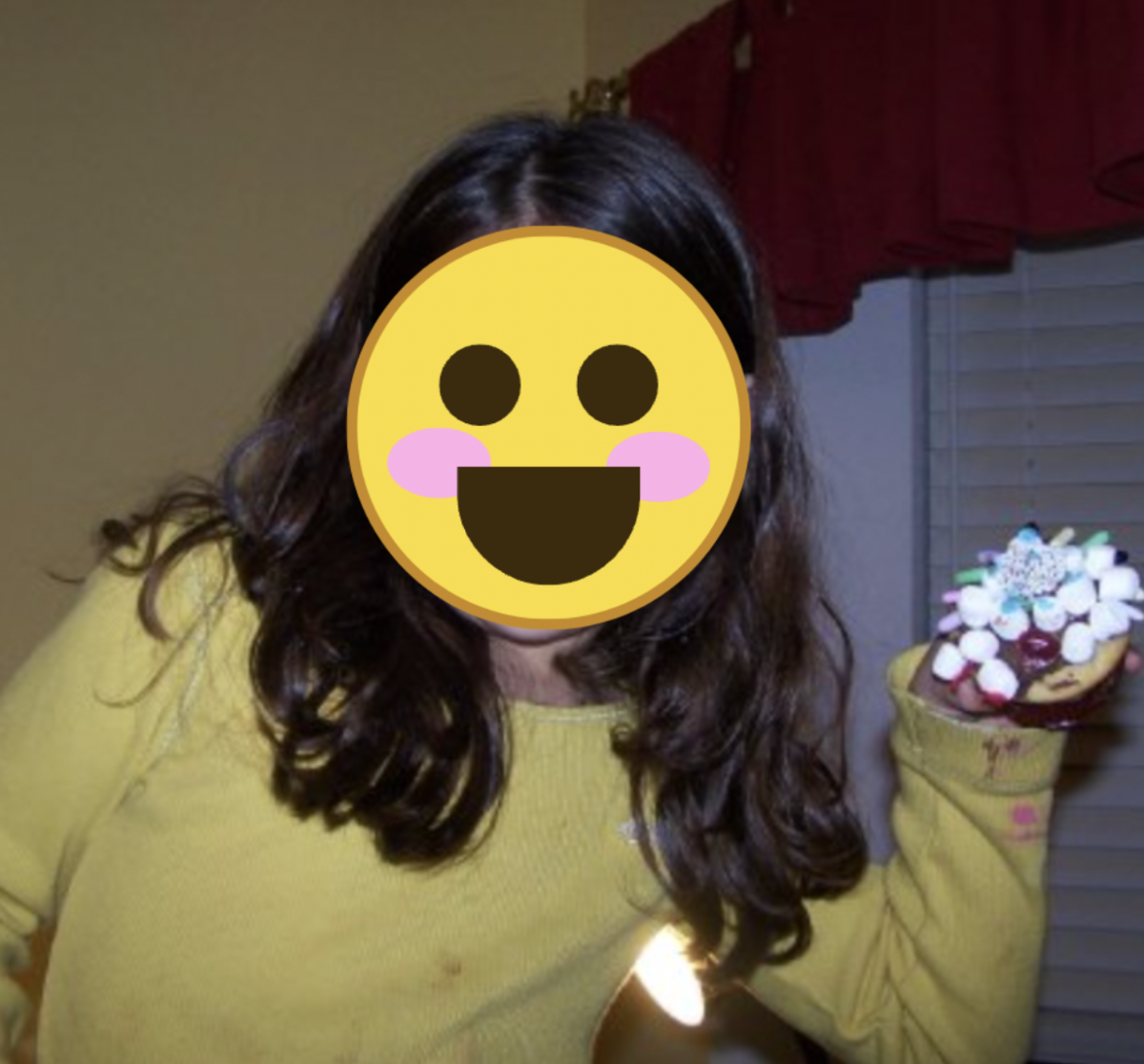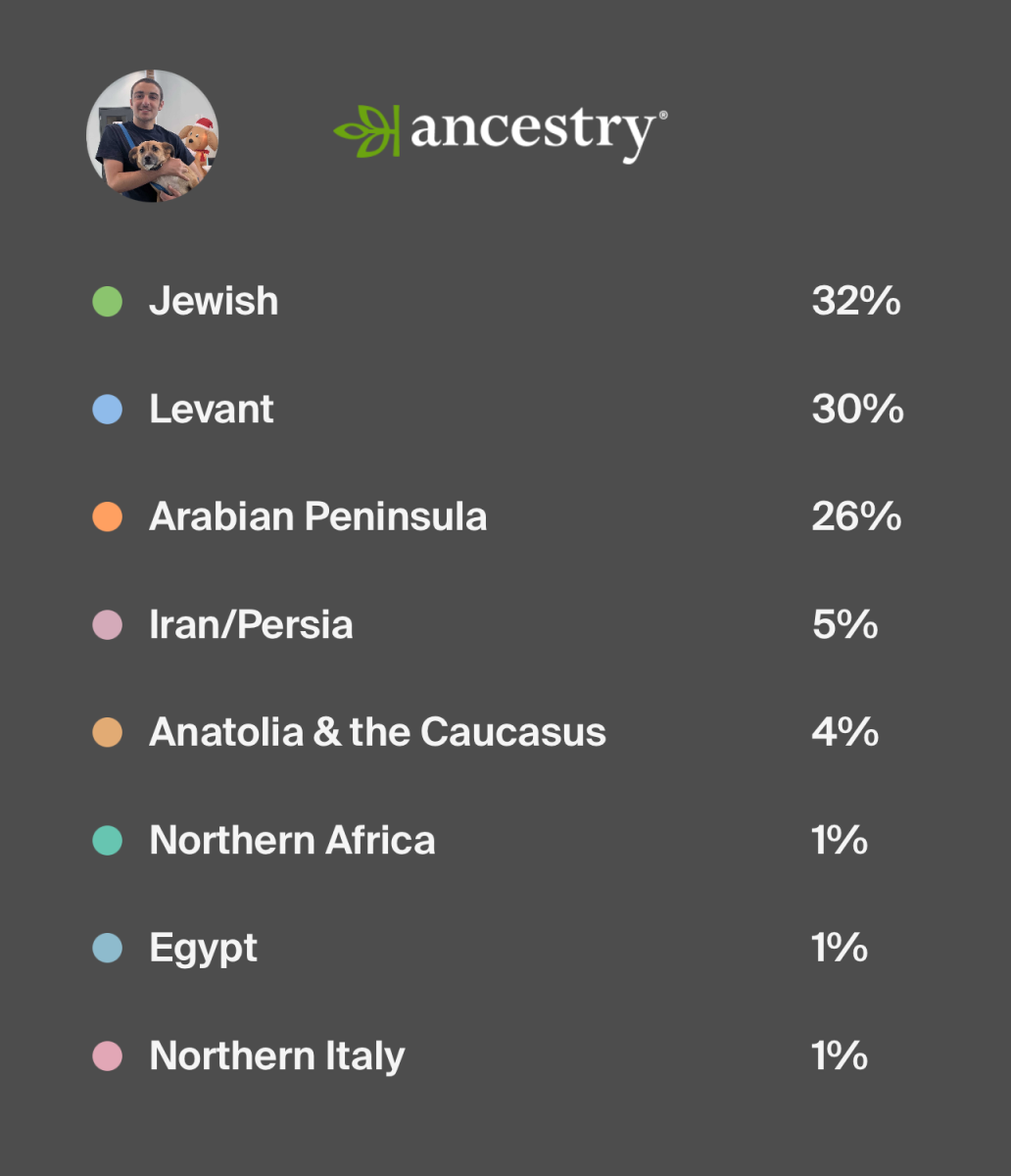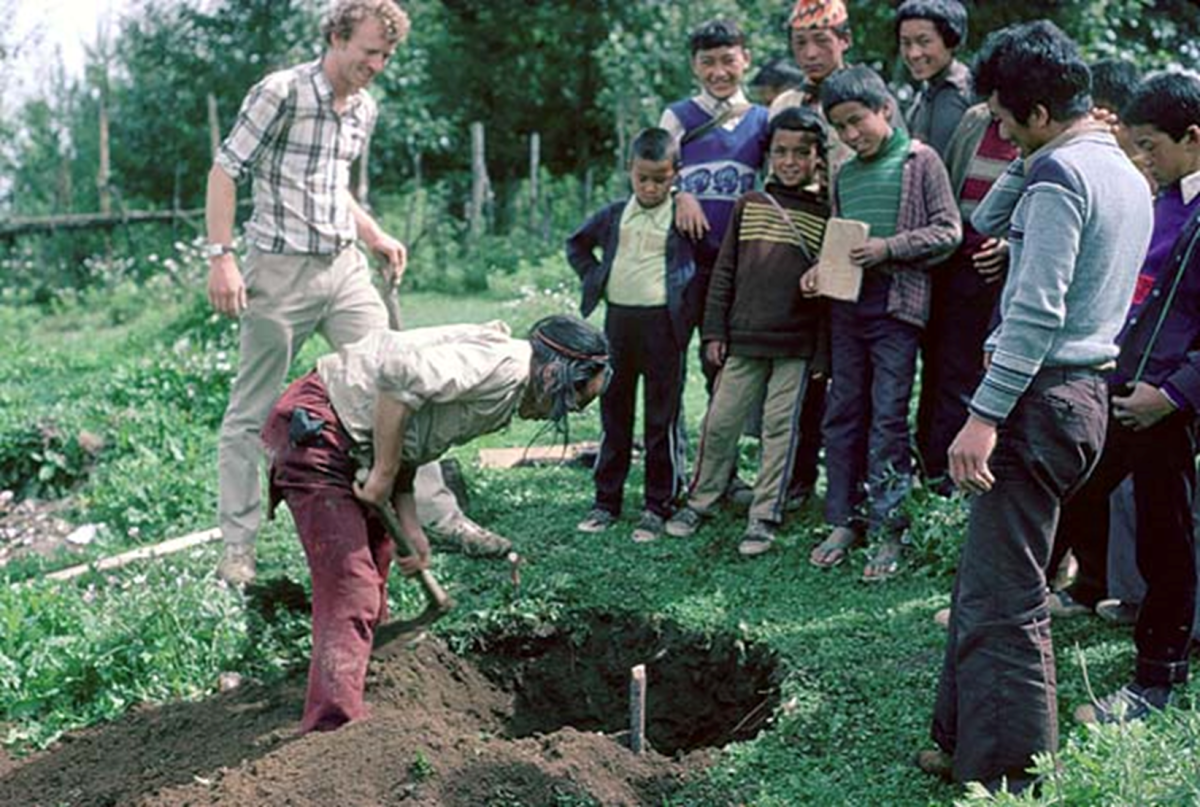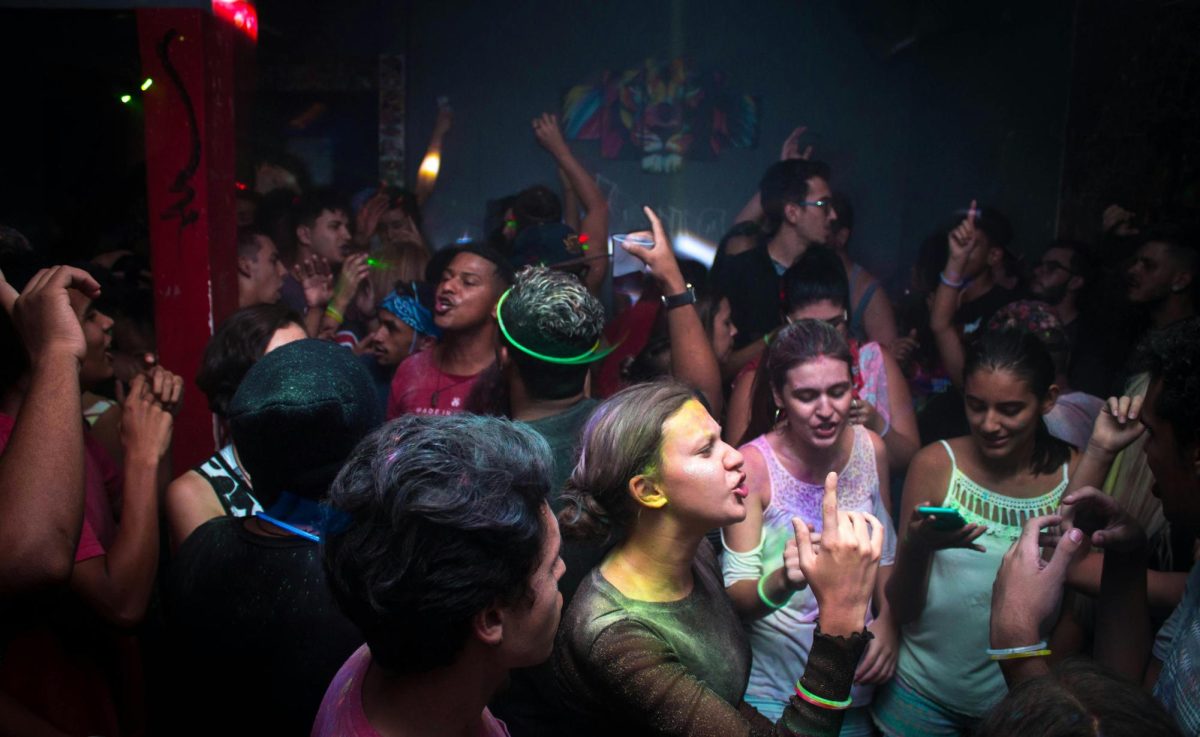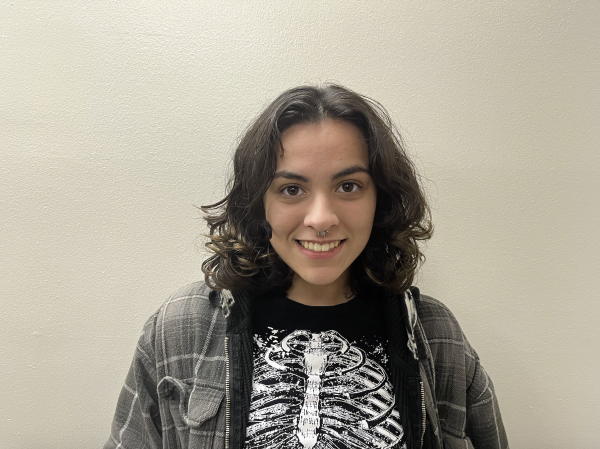Imagine having your childhood moments broadcast to an infinite audience. Your most vulnerable time is permanently attached to your family and your name.
Childhood is awkward, embarrassing, and most importantly something to be protected.
Vlogging has cycled through popular content genres since the first video blog. When a creator vlogs, the audience is intended to feel a new level of connection with them since they can share in the daily activities of their favorite influencers. Vlogging invites the audience to relate to these creators and deepen their investment in them.
The family — or “mommy-vlogging” — concept has been around since before the huge wave of popularity on social media. Shows like “Kate Plus 8” and the infamous Dugger family’s show “19 Kids and Counting” were reality shows about the daily life of larger families and how they all interacted.
The first notable, true family-vlogging channel on YouTube was the Shaytards. Starting in 2008, Shay and Colette Butler started posting short videos of them and their family around the house and at the store. This type of content is vastly different from the family vlogs of today.
However, although the vlogs might seem raw and honest, edited content on the internet is curated by the creator to present a product–not a transparent peek into the life of a personality.
Family vlogs don’t just include the adults within the family, they include the children. Nowadays, some family influencers have posted children as young as hours after their birth.
Parents who post their young children online rob their children of their privacy. To clarify, I am mainly referring to parents who are influencers posting their children as content made for monetization.
Although some of the criticism involving privacy and concerns about physical and digital safety can also apply to normal social media users, larger accounts can reach more people, heightening the risk.
A vlogger’s career relies on building a brand able to relate to the masses which causes the identity of the content creator’s content and personal privacy to become muddled in the public eye. Making children a recurring feature of the content extends that breach of privacy to them. This can harm them both now and in the future.
The content posted can follow them for the rest of their lives. A seemingly harmless video of a kid throwing a funny tantrum will not go away. Digital footprints trace a person’s presence on the internet and it cannot be erased. These children, who will grow into adults, can not object to being posted.
The sentiment of the internet being dangerous has become an underscore of the online experience. The anonymity and under-regulation online are a breeding ground for extremely harmful rhetoric and content. People who frequent online spaces recognize the risks but choose for themselves to engage anyway.
Michael Keller and Jennifer Valentino-DeVries, reporters for The New York Times, released an article unveiling their research about child exploitation on social media.
When studying the accounts of children who are girls, they found even when there is overwhelming evidence that running accounts dedicated to the content of children will attract a following base made up of men — some being convicted sexual offenders. These men will publicly post racy comments directed at the child.
Parents still will have a hard time walking away from the influencer lifestyle due to the money it makes and the fame it accumulates.
It also explained more revealing content of the children perform better online. This fact encourages parents who are creating content for brand or monetization purposes to keep posting that kind of content.
Recently on TikTok, a “kidfluencer” account “wren.eleanor” run by a mom, Jacquelyn Paul featuring her toddler Wren Paul, has experienced major criticism regarding the content Paul posts about Wren. Paul has been accused of posting suggestive content of her child for views online.
When Paul made a statement on these accusations, she claimed that no law enforcement agencies had found her daughter on any inappropriate websites.
What Paul fails to realize is that there is no need for people to look on websites for suggestive photos or child sexual abuse images — more commonly known as child porn — of her child, because Paul is posting it directly on her public account.
The idea of risking your child’s likeness being used as anything close to child sexual abuse images should itself be enough to discourage parents completely from posting this type of content.
Parents are allowed to be proud of their children, and the desire to share some of their favorite moments online is understandable. However, due to the treacherous nature of the internet, the content posted to a large audience violates the child’s privacy and directly places them in harm’s way.
To circumvent this, families have been censoring the faces of their children. This compromise allows children to keep their privacy and lets the parents still share photos.
When navigating parenting in the modern era, the family’s priority should be how best to protect children, even in the face of fame and riches.
Nadia Hill can be reached at [email protected].









